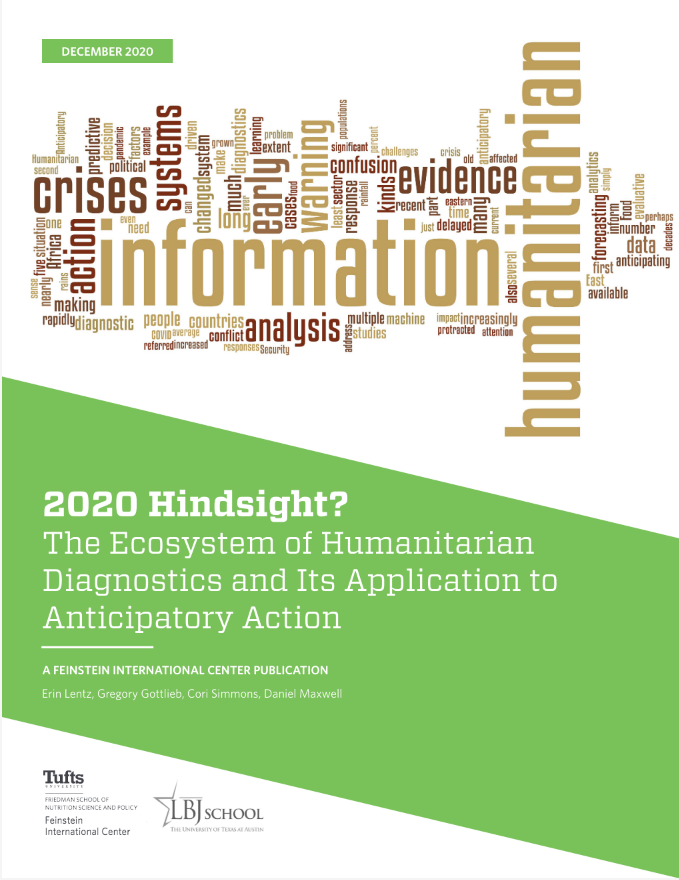The nature of humanitarian crises has changed over the past two decades. These changes demand increased anticipatory humanitarian action and improved information to guide that action. The COVID 19 pandemic has put a slightly different spin on these demands, including greater demand for real-time information in a rapidly changing environment. Meeting these demands requires a deeper examination of humanitarian diagnostics: anticipating crises requires much better forecasting and more willingness to act rapidly without knowing for certain how a crisis will materialize.
This discussion paper aims to make sense of the eco-system of humanitarian diagnostics and the extent to which it informs anticipatory, early or rapid humanitarian action. Earlier work found a high degree of confusion about early warning, the kinds of information that are made available, the timeliness of information, and the decades-old concern about information not connecting to practical action. This paper attempts to clarify the difference between diagnostic and evaluative evidence, suggests a typology of the kinds of diagnostic evidence, summarizes the problems of linking evidence to action, and assesses the contributions of predictive analytics and machine learning to this rapidly expanding field.







